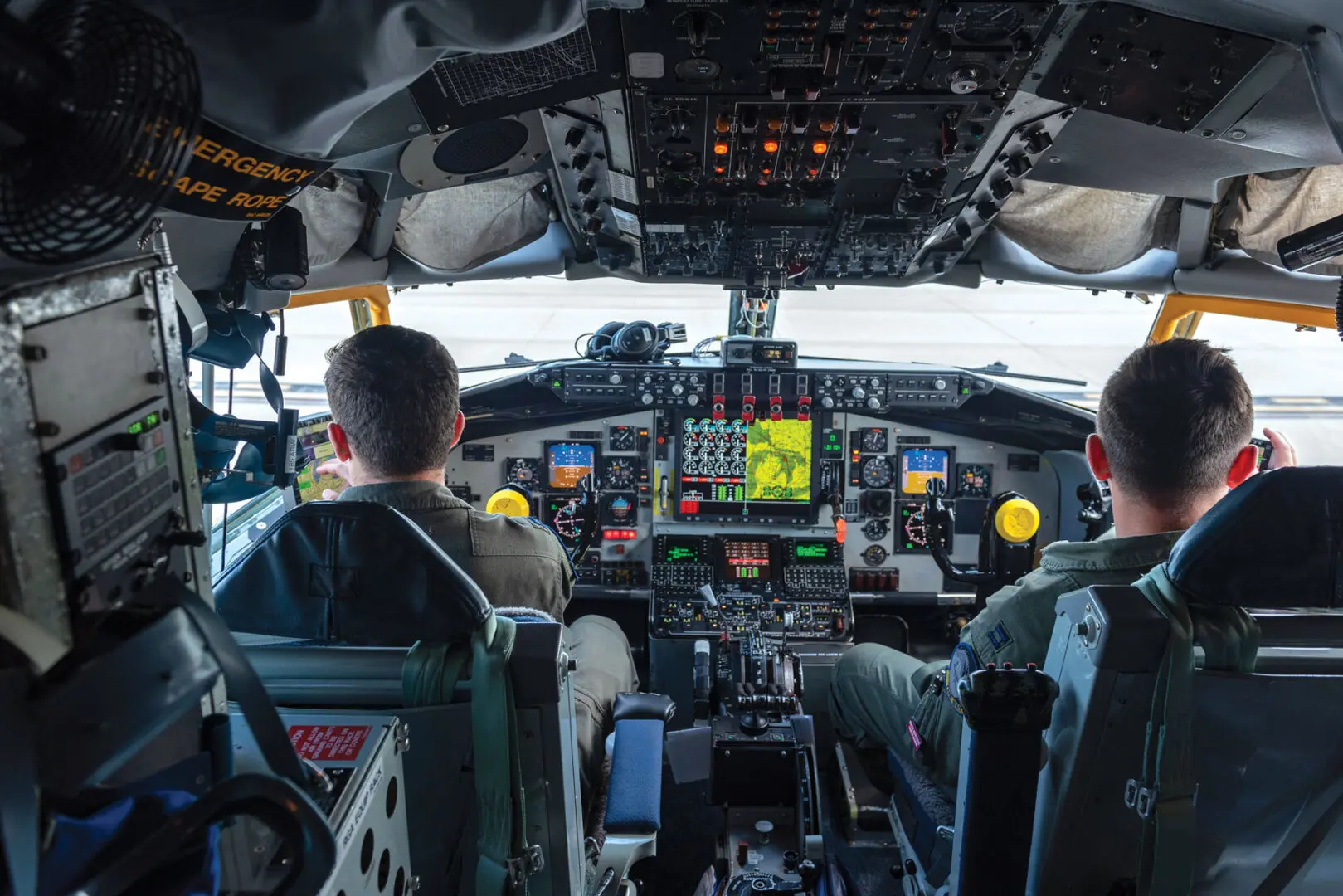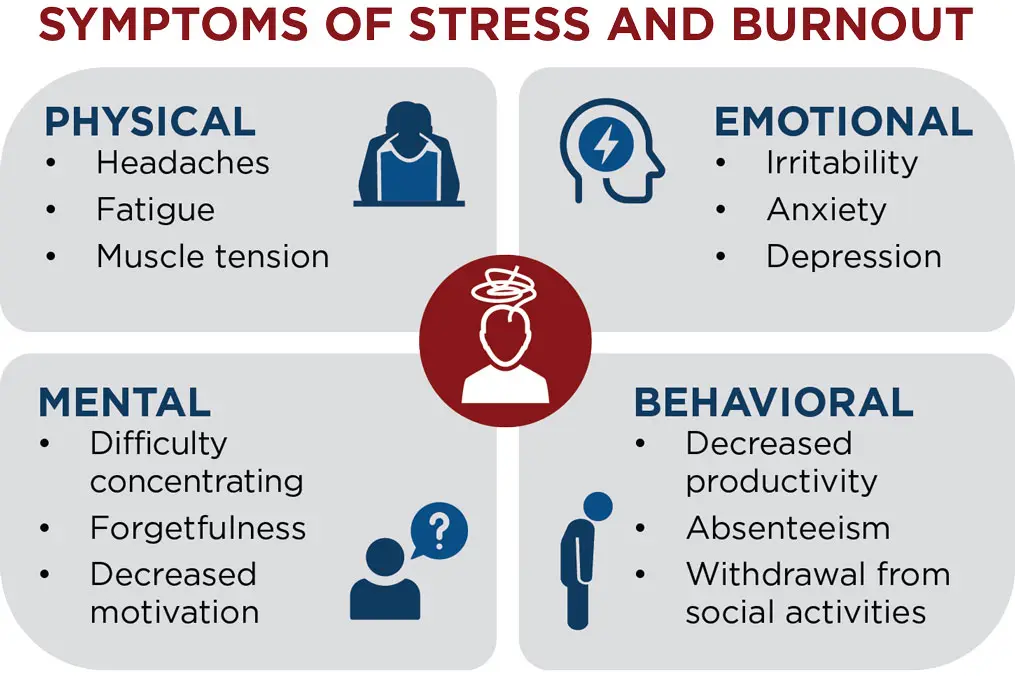Stress and Burnout of the Military Pilot
By Ms. Jeanie Hood, HQ AMC Flight Safety
You are sitting at the hammerhead waiting for departure clearance. A line of weather is moving into the north, the aircraft is filled with soldiers returning to the United States after a one-year deployment, and the winds have changed, so your takeoff data need to be adjusted. Stress is slowly creeping in as you start assessing the situation. Maintaining your mental composure and making accurate decisions are critical skills when transforming challenging situations into successful ones. Staying calm when faced with adversity or seemingly impossible situations helps us make rational decisions instead of reacting impulsively. However, staying calm under stress is not a simple task; it requires patience, practice, and perseverance.
Pilots face a multitude of mental demands that have the potential to burden not only inexperienced pilots but seasoned, expert pilots who have been flying for decades. Pilots encounter a variety of situations requiring split-second reaction times that could have long-lasting consequences if not handled correctly.
Workplace stress, burnout, and fatigue are pervasive concerns affecting employees across various industries and professions, including high-pressure jobs such as piloting complicated, state-of-the-art aircraft. The consequences of these concerns can be severe, affecting not only the individual’s well-being but also their job performance, relationships, and overall quality of life. The Federal Aviation Administration’s Pilot’s Handbook of Aeronautical Knowledge[1] defines stress as the body’s response to the physical and psychological demands placed on it. The body responds to stress by releasing chemical hormones, such as adrenaline, into the blood and increasing metabolism to provide more energy to the muscles.
In the cockpit, mental workload and stress are two major factors that can affect a pilot’s flight performance and decision-making process to the point that it can cause temporary cognitive incapacitation. Remember Cougar in the first “Top Gun” movie? He was involved in a dogfight with a Russian MiG and got so stressed out that he became incapacitated and lost all ability to communicate or think rationally. Temporary cognitive incapacitation is a phenomenon in which an individual’s cognitive abilities are impaired, leading to a decline in their mental functioning. Forgetfulness, rigid thinking, difficulty with concentration, constant worrying, and poor judgment are ways that stress can affect cognitive thinking. I think it is safe to say any of these effects could be devastating to military pilots and their planes.
Stressful situations are unavoidable, so being able to recognize what causes you stress is important. Some stress can be beneficial, but when stress becomes chronic or excessive, it can have a negative effect on physical and mental health, causing anxiety, depression, insomnia, and hypertension and can lead to burnout. Burnout is a state of emotional, physical, and mental exhaustion caused by excessive and prolonged stress, according to HelpGuide.org.[2] It is a form of fatigue caused by chronic workplace stress that has not been managed properly. The higher the individual or unit operations tempo, the higher the risk of burnout.
Symptoms of Stress and Burnout
Stress and burnout are significant concerns in the Air Force cockpit, where pilots often face high levels of responsibility, long hours, irregular schedules, technical and operational demands, inclement weather and environmental conditions, and dangerous situations. Some of the specific factors that contribute to stress and burnout in Air Force pilots include the following:
- High workload: Pilots are often required to perform multiple tasks simultaneously, such as flying the aircraft, navigating, and communicating with air traffic control.
- Time pressure: Pilots are often under time pressure to complete missions.
- Fatigue: Pilots may experience fatigue due to long duty days or flight durations, irregular or unpredictable schedules, inhospitable sleep environments, and jet lag.
- Decision-making: Pilots are often required to make quick decisions in high-stress situations.
- Isolation: Pilots may feel isolated and disconnected from their support network due to long periods away from home and limited opportunities for social interaction.
- Physical demands: The physical demands of flying, such as gravitational forces, can cause physical stress and fatigue.
Let us focus on the fatigue factor for a minute. Fatigue is a lingering tiredness that is constant and limiting. Common factors contributing to pilot fatigue include disrupted sleep schedules, long work hours, jet lag, circadian rhythm disruptions, heavy workloads, and inadequate rest periods between flights. Does this scenario sound familiar? It can deteriorate cognitive functions, often with little warning, and can affect pilots’ ability to perform their duties effectively and safely. According to Harvard Medical School’s Division of Sleep Medicine,[3] just one sleepless night can impair performance as much as a blood alcohol content of 0.10 percent, above the legal driving limit. This analogy shows how operating an aircraft under these conditions might prove to be deadly.
Dealing with stress and burnout is essential for maintaining overall well-being. Several ways to deal with stress include getting adequate sleep, exercising regularly, eating healthy, pursuing hobbies, positive thinking, journaling, meditating, and my favorite–laughing!
These tactics all sound great, but as Air Force pilots, we know that stress is unavoidable. Sometimes, pilots are not in charge of their schedule, nor do they have control over where they may end up tomorrow. Will I have time for exercise? What are the food options? Everyday stressors tend to pile up if we do not deal with them and keep them in check. We, as pilots, understand that stress is part of the job, and accepting the things we cannot change is one way to cope with it. Acceptance may be difficult, but continuing to try to change a situation you cannot change is meaningless. I have experienced this situation at work many times. A colleague of mine explained that many things in life are beyond our control and that we must learn to accept them because we cannot change them.
Air Force pilots have no easy button to push to make them feel less stressed; unfortunately, it is the nature of the job. Especially in today’s Air Force, with the pool of pilots diminishing, pilots are being asked to do more than ever before. Do not let stress get the upper hand. A handful of tips and techniques can help you master stress management.
[1] Pilot’s Handbook of Aeronautical Knowledge. 2023. https://www.faa.gov/regulations_policies/handbooks_manuals/aviation/phak
[2] Help Guide. 2025. Burnout Symptoms, Treatment, and Tips on How to Deal.
https://www.helpguide.org/mental-health/stress/burnout-prevention-and-recovery
[3] Harvard Medical School’s Division of Sleep Medicine. 2025. Sleep and Health Education Program. https://sleep.hms.harvard.edu/education-training/public-education/sleep-and-health-education-program/sleep-health-education-89


